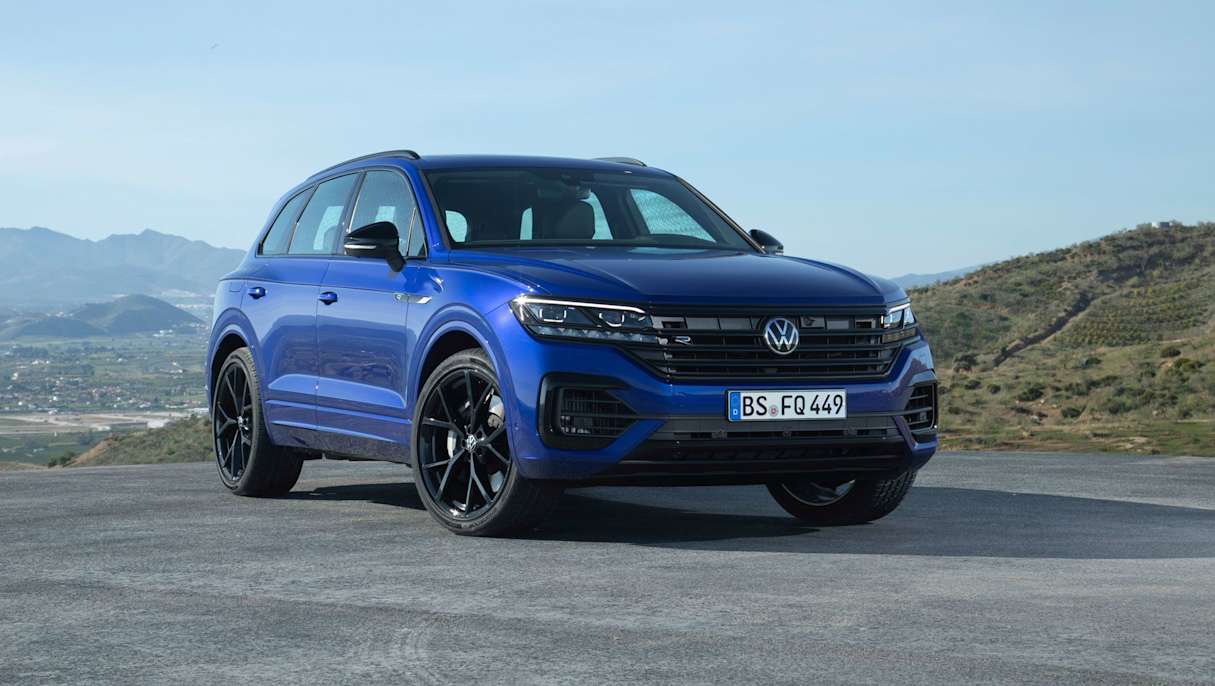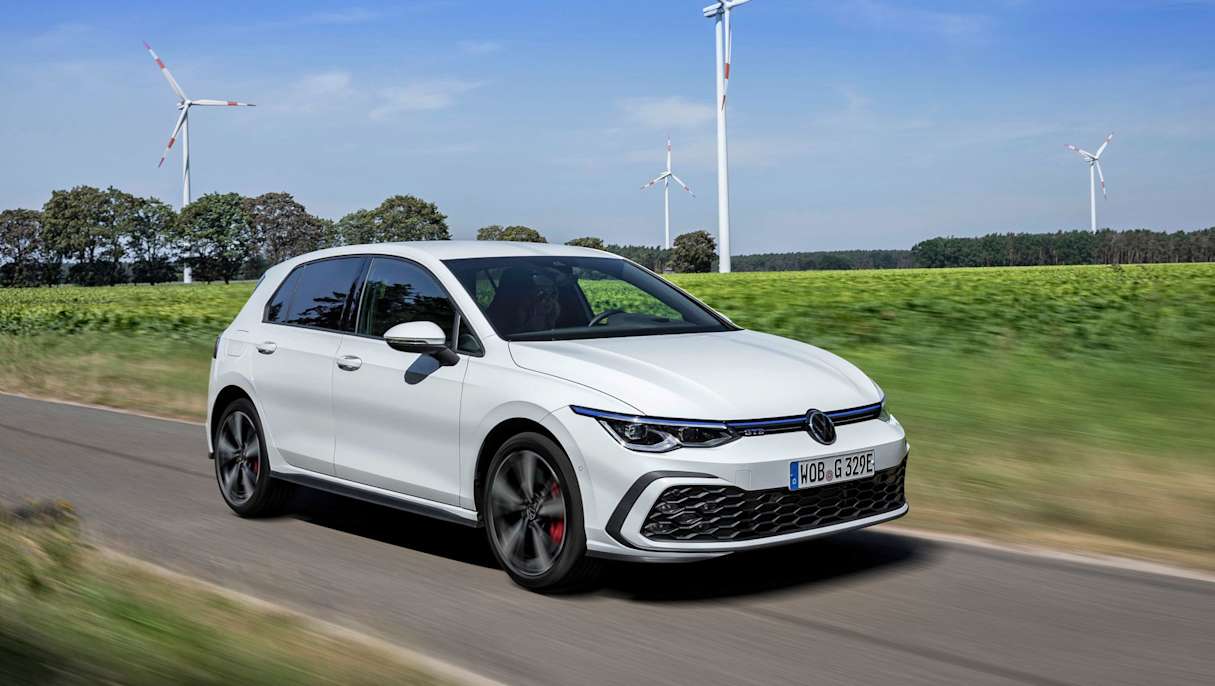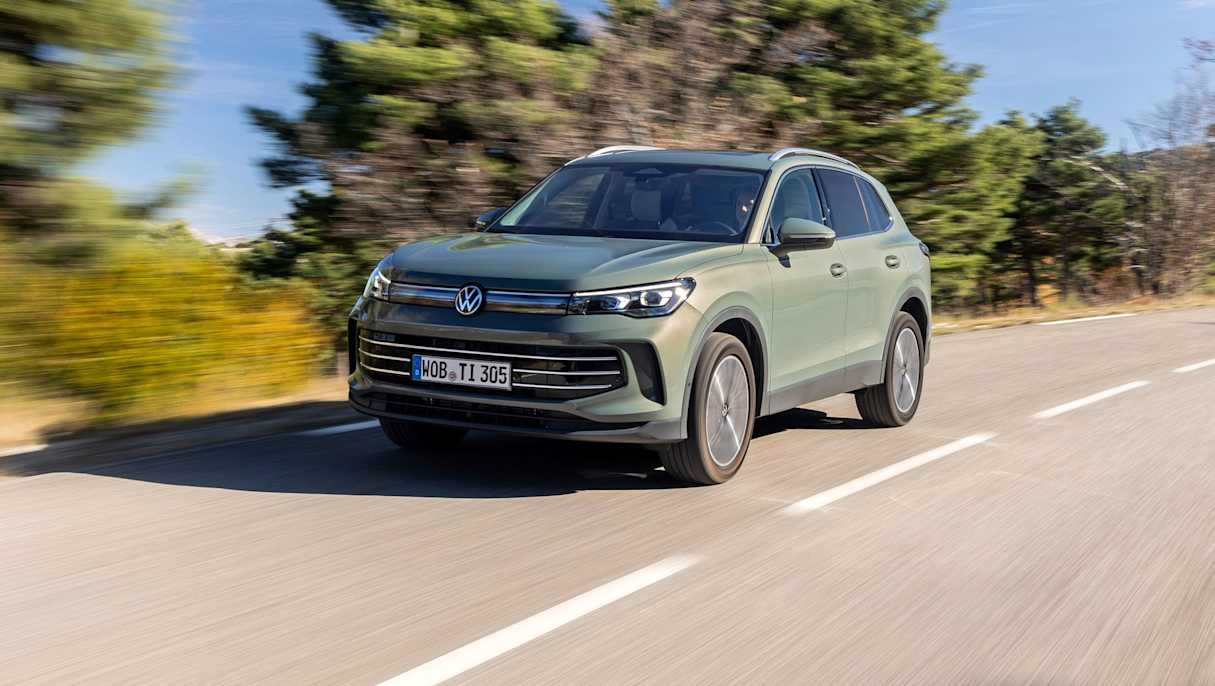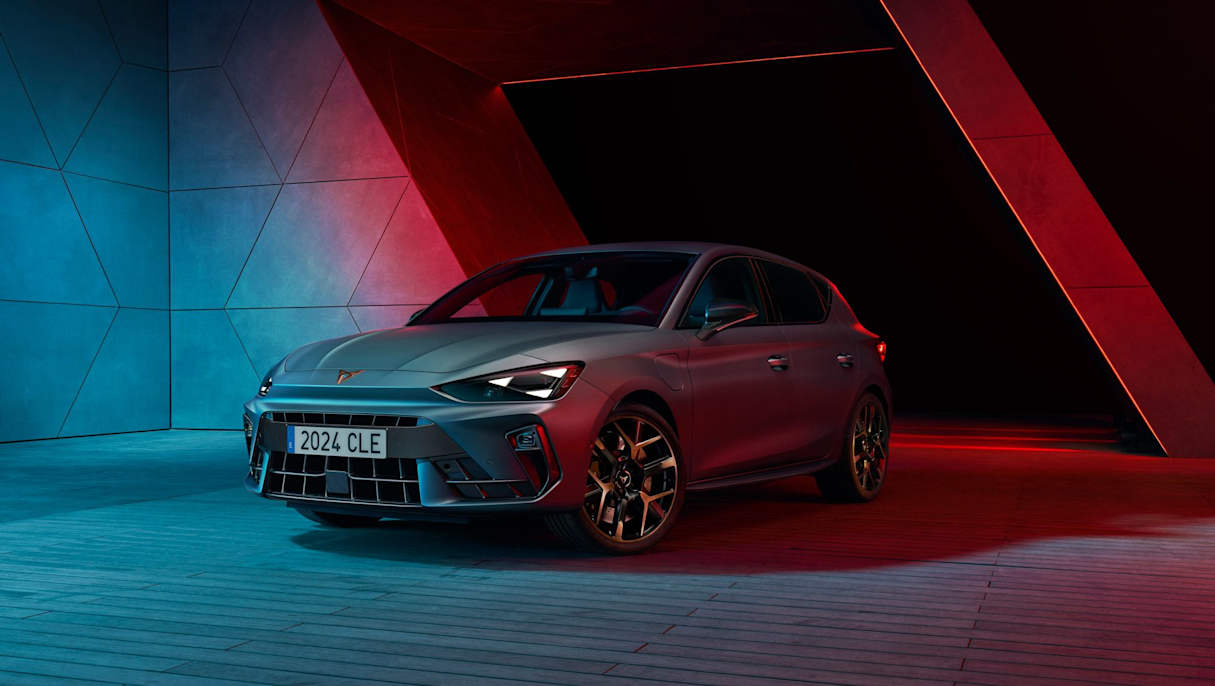Volkswagen is set to put more emphasis on plug-in hybrid technology as demand for electric cars falls off in Europe.
The German brand’s global boss Thomas Schafer told UK publication Autocar: "It's a bridge technology. While battery-electric drive is plateauing out a bit at the moment, we still need this transitional technology."
Schafer was surprised by the renewed interest in hybrids, which were considered old tech.
"Hybrids were a thing of the past. Last year, if you asked the same question, it would have been: 'Forget hybrids, it's expensive technology, it's not worth it.' Within the last six months, all of a sudden everyone wants hybrids,” said Schafer to Autocar.
He stated that full electric cars are still the future for the brand long term.
In Europe Volkswagen sells plug-in hybrid versions of the Tiguan medium SUV, Touareg large SUV, Golf small hatchback and Passat sedan and wagon.

Volkswagen is just about to launch its first plug-in hybrid model locally, the range-topping Touareg R large SUV.
The model is pitched as a performance flagship with a 3.0-litre turbocharged petrol engine paired with an electric motor making a hefty 340kW and 700Nm.
No other plug-in hybrids have been confirmed and the Passat would be off the cards as the entire model line-up was axed in Australia last year.
The looming spectre of the Federal Government’s New Vehicle Emissions Standards that will fine car makers for selling heavy polluting vehicles may change the equation, though.

Price could be the biggest hurdle to overcome before adding plug-in hybrids to the local range.
The Touareg R is priced from $129,990 (before on-road costs), which is $40,000 more than the base diesel-powered Touareg.
That range-topping price point is likely to be filled by the brand’s coming range of electric cars.
It will launch its first battery-electric vehicles - the ID.4 and ID.5 SUVs - in the coming months. These models are expected to be priced at about $80,000, which is a healthy premium on its petrol equivalent Tiguan R-Line.
This would effectively rule out a plug-in hybrid version of the Tiguan but a Golf hybrid could find success.

Exact timing for the arrival of the ID.3 electric hatchback, which is a similar size to the Golf, hasn’t been locked in but is expected sometime next year.
The ID.Buzz electric people mover will arrive at the end of this year, but there is also a plug-in hybrid version of the similar proportioned Multivan in Europe.
Plug-in hybrids may be left to Cupra, which is part of the broader Volkswagen Group.
Cupra already sells petrol-electric versions of its Golf-sized Leon hatchback and T-Roc-equivalent Formentor.
Cupra just revealed updated versions of these cars, which will arrive in Australia next year with up to 100km of pure electric driving range.

It will also bring a plug-in hybrid version of the Tiguan-sized Terramar soon.
The brand has found success with plug-in hybrids compared to the broader market.
Cupra Australia boss Ben Wilks said before the FBT exemptions came into effect, PHEVs made up about one in five sales but are now more than double that.
That means plug-in hybrids account for about 40 per cent of Cupra sales, which is well above the rest of the industry where plug-in hybrids account for about one per cent of new sales so far this year.
“We’re seeing the shift at the moment with our plug-in hybrid versus our VZx , the top-of-the-range petrol engine,” said Wilks.
“I think the beauty of our range is we have something for everyone. We are able to offer our ICE cars as we are bringing the electric cars to market.”
.jpg)

.jpg)


.jpg)



.jpg)



.jpg)
.jpg)

.jpg)
.jpg)
.jpg)


.jpg)
.jpg)

.jpg)